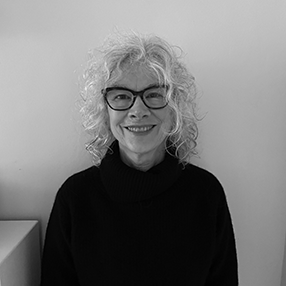Triple Moments of Light and Industry
During our protest at the refineries, our friend R tells us there are bugs in the oil in the earth-colored vats at Valero & Shell, tiny slave bacteria changing sulfides, ammonia, hydrocarbons & phenol into levels of toxin the mixture can tolerate, & then we consider how early tired stars gave way to carbon molecules a short time after the start of time & now carbon makes its way in all life as the present tense makes its way in poetry, the sludge in the vats where the hydrocarbonoclastic bacteria break things down to unending necessities
of which Dante writes
of the middle of hell
light where no light is—
R says his friend who tends the bugs for the company feels tenderly toward his mini-sludge-eaters, they are his animals, he takes their temperature & stirs them & so on. We pause to think of it. Such small creatures. At the beginning of life the cells were anaerobic, ocean vents of fire, archaea, then they loved air. In the axis of time there are triple moments when you look back, forward or in. As a child you were asked to perform more than you could manage. Your need was not symmetrical. It is impossible to repay the laborers who work so hard. R describes his friend’s work as devotional. The bacteria do not experience hurt or the void but their service is uneven & that is why i protest.
From Extra Hidden Life, among the Days (Wesleyan University Press, 2018). Copyright © 2018 by Brenda Hillman. Reprinted with the permission of Wesleyan University Press.
“Some of my students and I engaged in a series of actions near the oil refineries in Contra Costa County and near shopping centers. We called our group Prophets not Profits and we would go out wearing masks for street theater to read poems written by ourselves and other poets in a sort of mini-occupation. We mostly chose pieces having to do with environmental subjects or political concerns; our hope was to bring poetry outdoors to places where poetry normally is not, such as oil refineries. On several occasions, some of the workers and passers-by stopped and asked what we were doing, and we told them; at one point, we were followed by a big white truck with darkened windows after asking if we could read poetry inside one of the petroleum offices. The ‘R’ in the poem had worked in the oil industry before joining the graduate program and told me about his friend who lovingly developed a caring relationship with the bacteria in the vats. I was moved by this and also ethically confused, as the poem tries to convey; I chose a form that mixes lineated and non-lineated poetry.”
—Brenda Hillman

